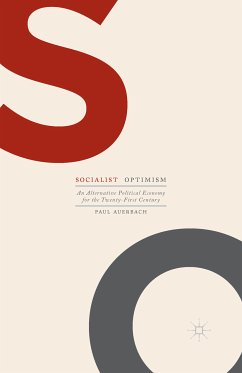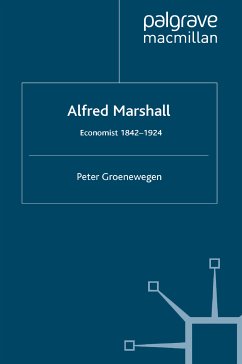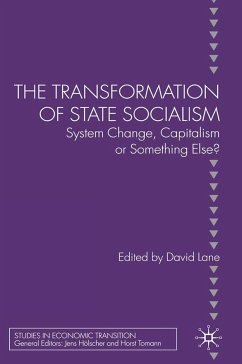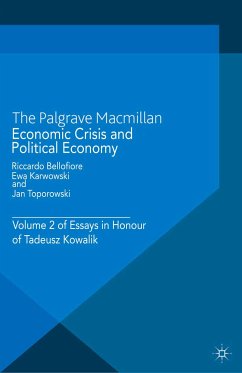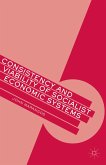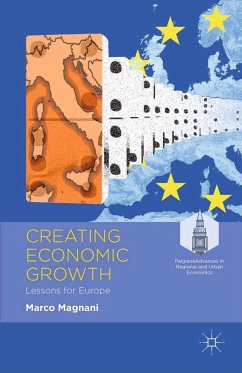Paul Auerbach's Socialist Optimism offers an alternative political economy for the twenty-first century. Present-day capitalism has generated growing inequality of income and wealth, persistent high levels of unemployment and ever-diminishing prospects for young people. But in the absence of a positive vision of how society and the economy might develop in the future, the present trajectory of capitalism will never be derailed, no matter how acute the critique of present-day developments. The detailed blueprint presented here focuses upon the education and upbringing of children in the context of social equality and household security. It yields a well-defined path to human development and liberation, as well as democratic control of working life and public affairs. Socialism as human development gives a unity and direction to progressive policies that are otherwise seen to be a form of pragmatic tinkering in the context of a pervasive capitalist reality.
Dieser Download kann aus rechtlichen Gründen nur mit Rechnungsadresse in A, B, BG, CY, CZ, D, DK, EW, E, FIN, F, GR, HR, H, IRL, I, LT, L, LR, M, NL, PL, P, R, S, SLO, SK ausgeliefert werden.

